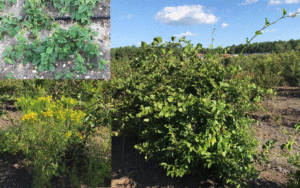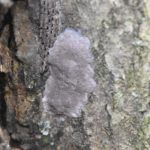Sweet Corn
European corn borer (ECB) moth catches remain low. Feeding signs in whorl corn are rare. There will be no map in this edition. Second generation feeding is often obscured by fall armyworm (FAW) feeding. Once plants hit full tassel, any ECB larvae present will move downward on the stalk and re-enter the plant near the area where ears are forming. This can result in direct injury to the ear. Growers should consider an insecticide application at the full tassel stage to target ECB larvae as they migrate downward. This application can eliminate larvae that have escaped any earlier insecticide applications. [Read more…]



